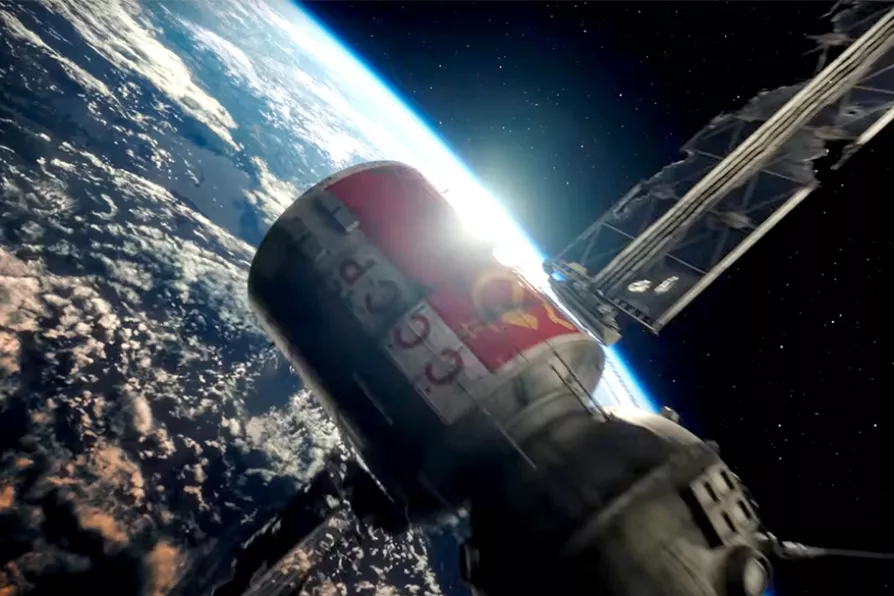ALISTAIR FINDLAY recommends the simple cadence, common prose, free verse, and descriptive power of a new collection by Julie McNeill

 DREAMLIKE: a still from Francis Coppola's psychedelic depiction of the decline of the US empire
[IMDb]
DREAMLIKE: a still from Francis Coppola's psychedelic depiction of the decline of the US empire
[IMDb]
Megapolis
Directed by Francis Ford Coppola
AFTER a long period of artistic silence, at the age of 85, Francis Ford Coppola, the director of The Godfather and Apocalypse Now, is back at the Cannes Festival with a huge work, Megalopolis, a film self-funded to the tune of $120 million, that talks about philosophy, architecture, physics, love, power and politics.
Set in a futuristic city called The City of New Rome is a story keenly relevant to the politics of today. A narrative voice at the beginning of the movie tells that “All empires are destined to collapse,” and New Rome shows all the signs of an empire that is doomed.

RITA DI SANTO reports on the films from Iran, Spain, Belgium and Brazil that won the top awards

RITA DI SANTO speaks to the exiled Ukrainian director Sergei Loznitsa about Two Prosecutors, his chilling study of the Stalinist purges

RITA DI SANTO surveys the smorgasbord of films on offer at this year’s festival











